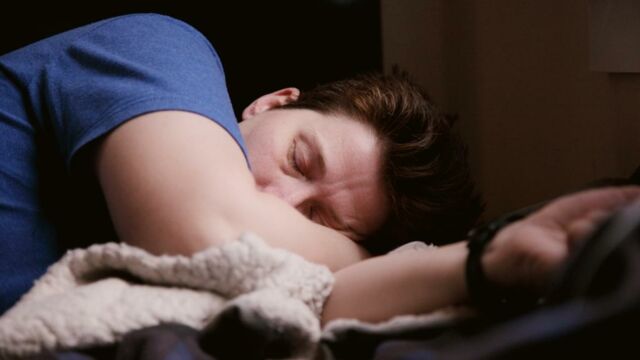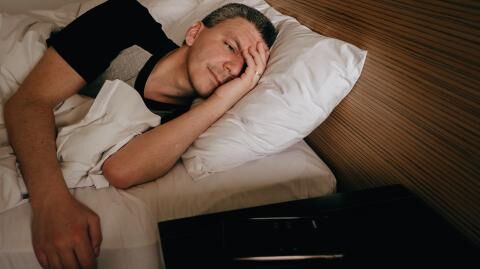Many of us are chasing our sleep. According to Santé Publique France, between 30% and 50% of people claim to suffer from sleep disorders, ranging from simple sleep deprivation to serious insomnia. Admittedly, the effects on health can be varied and sometimes minor, but it remains a major health problem. So we're looking for ways to get rid of our sleep debt or make our sleeps more restful. And according to one study, a small object can help.
Discover our latest podcast
Darkness will be your best friend
We're not all equal when it comes to sleep. Some can doze off in the middle of an evening, while huge subwoofers pound away in the next room. Others need absolute silence, and must limit the amount of time they spend in front of screens several hours before bedtime.
But according to a study published in the journal Sleep, light is an element we should all take into account:
Ambient light can influence the structure and duration of sleep.
So to get a better night's sleep, we should all close the shutters, draw the curtains and turn off all the lights, of course (it has to be said that over the last few years our electronic devices have all been fitted with annoying LEDs). Or more simply, we should invest in a simple piece of cloth.
Read more:Here's how to sleep like a baby during a heatwave
Put on a night mask to sleep better
According to researchers, wearing a mask not only helps you sleep better, it also means you wake up feeling better and are in a better position to tackle the day ahead. The scientists state:
Our results suggest that wearing an eye mask overnight can improve episodic encoding and alertness the next day.
There's no need to invest in an expensive zero-gravity bed base to reconcile with Morpheus - a simple little piece of fabric could just save the day!
Read more:Sleep: Here's how overthinking prevents you from falling asleep at night
This article has been translated from Gentside FR.
Sources used:
Santé Publique France: Epidémiologie de l'insomnie en France : état des lieux
Sleep: Wearing an eye mask during overnight sleep improves episodic learning and alertness















